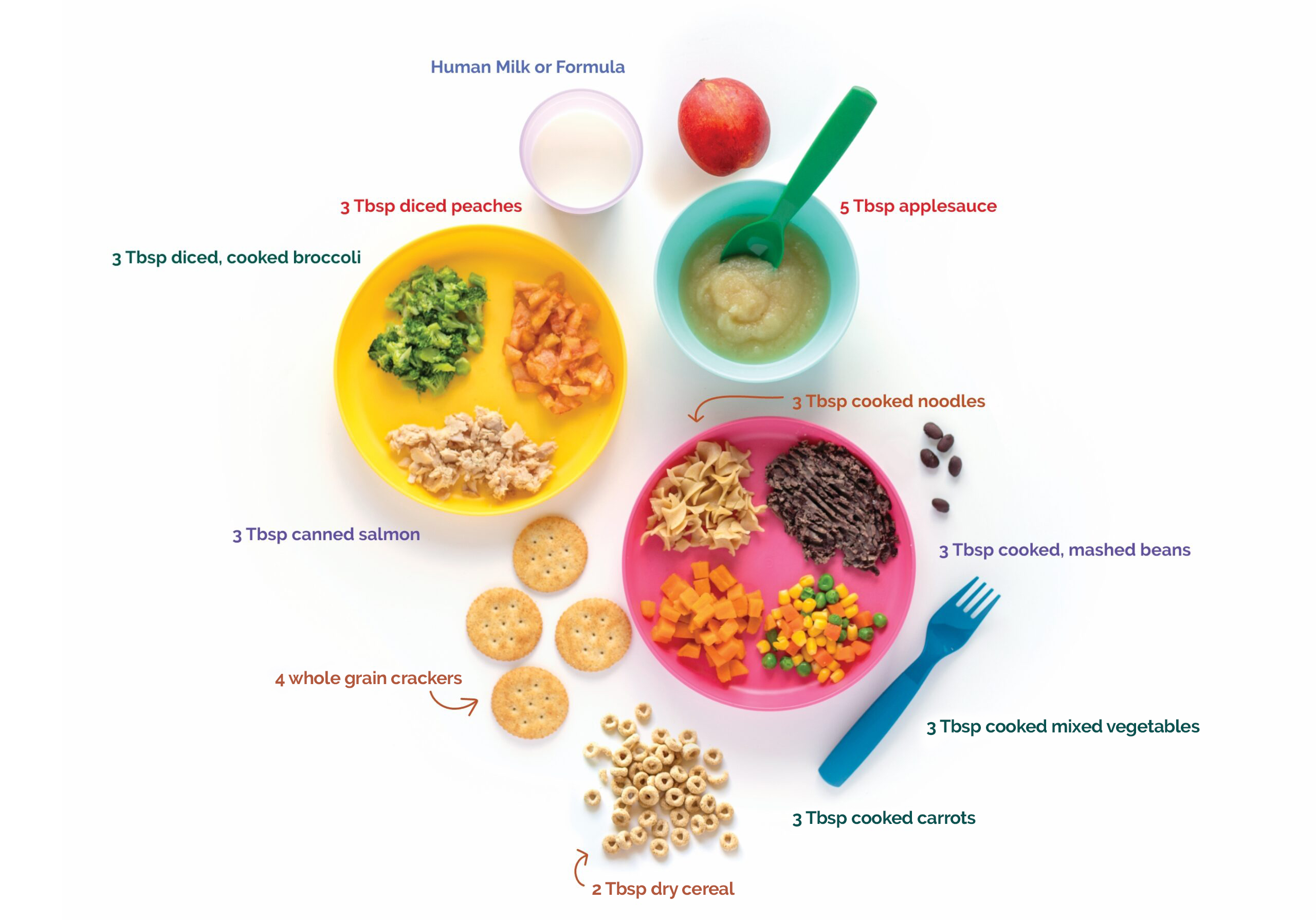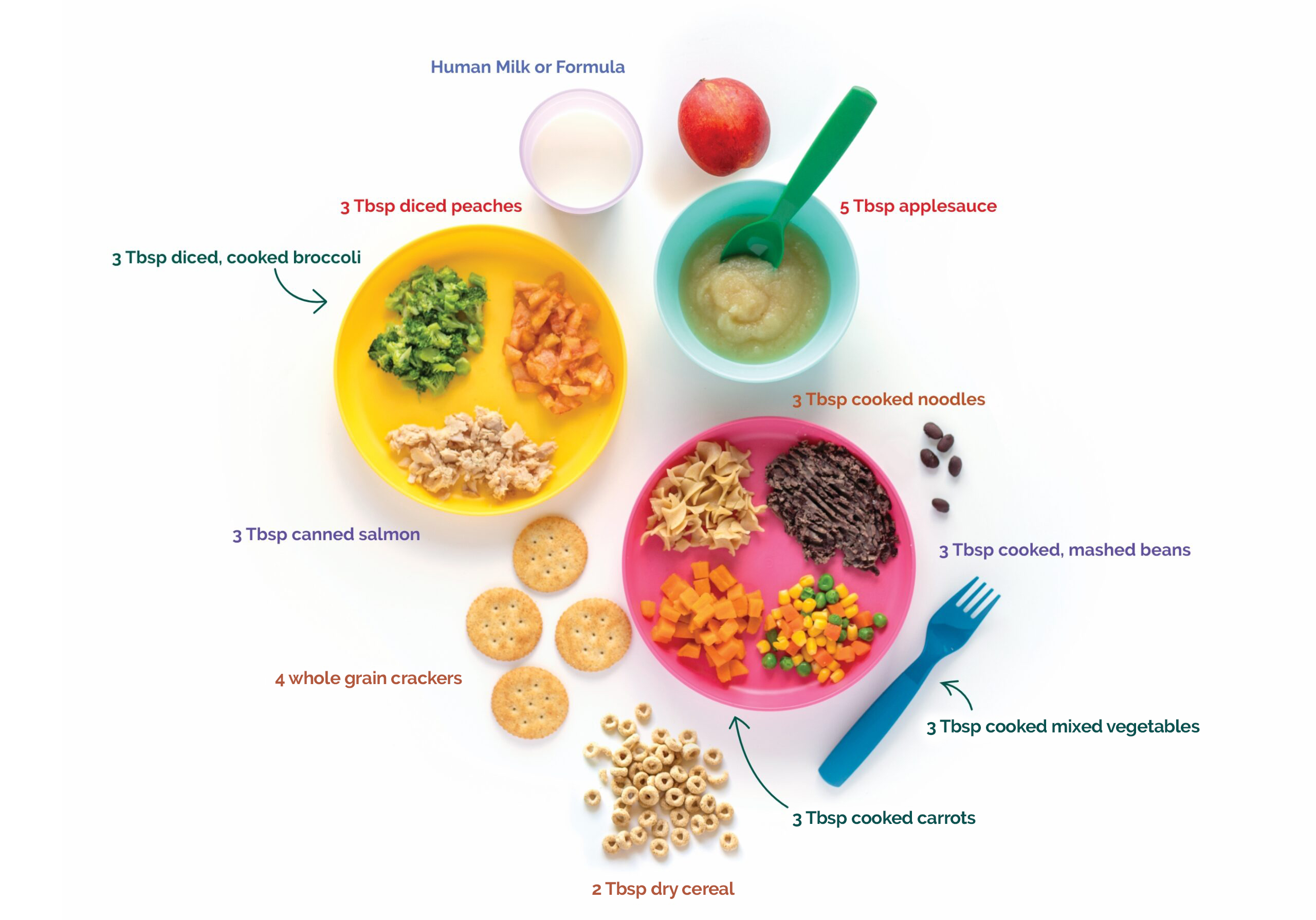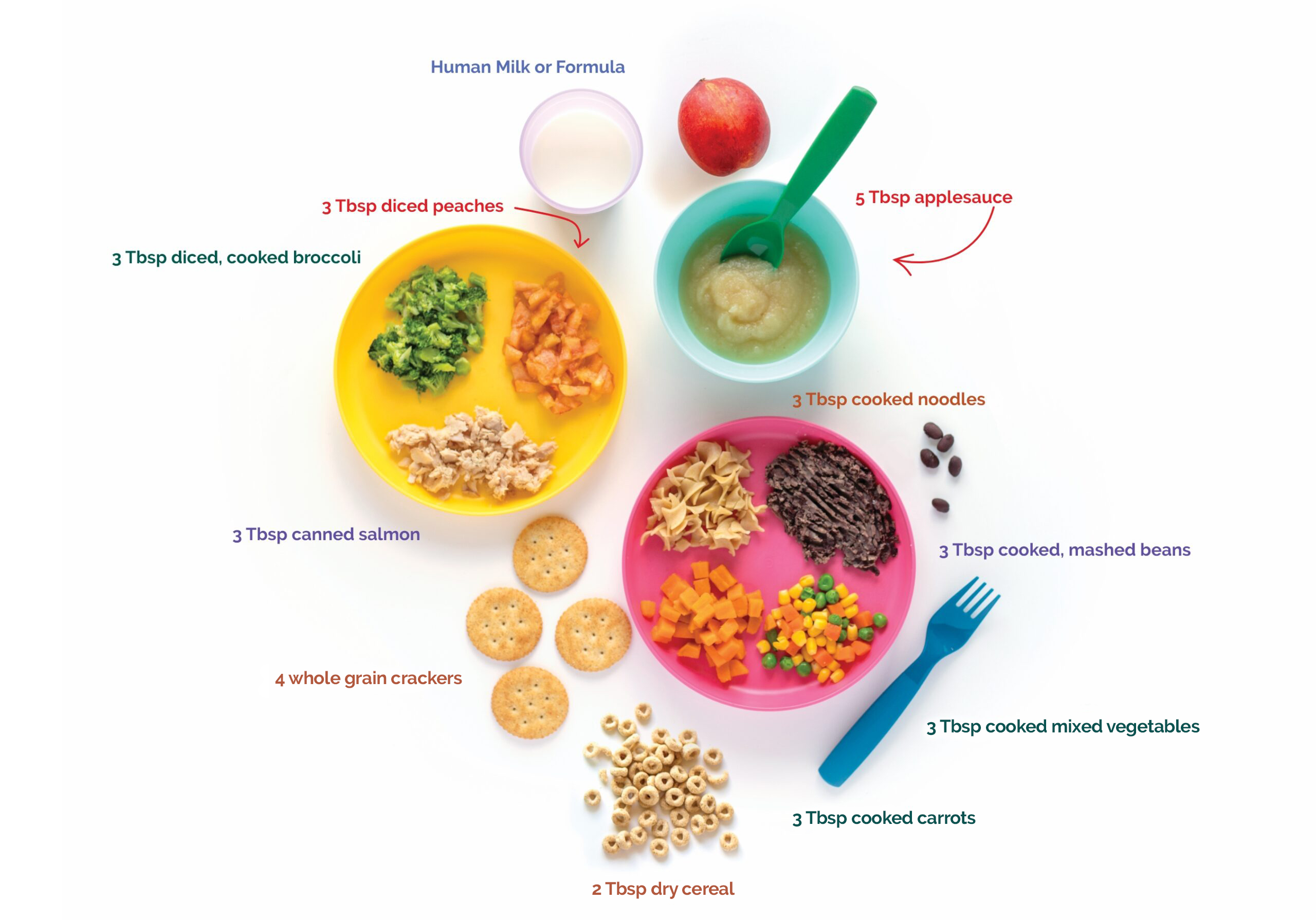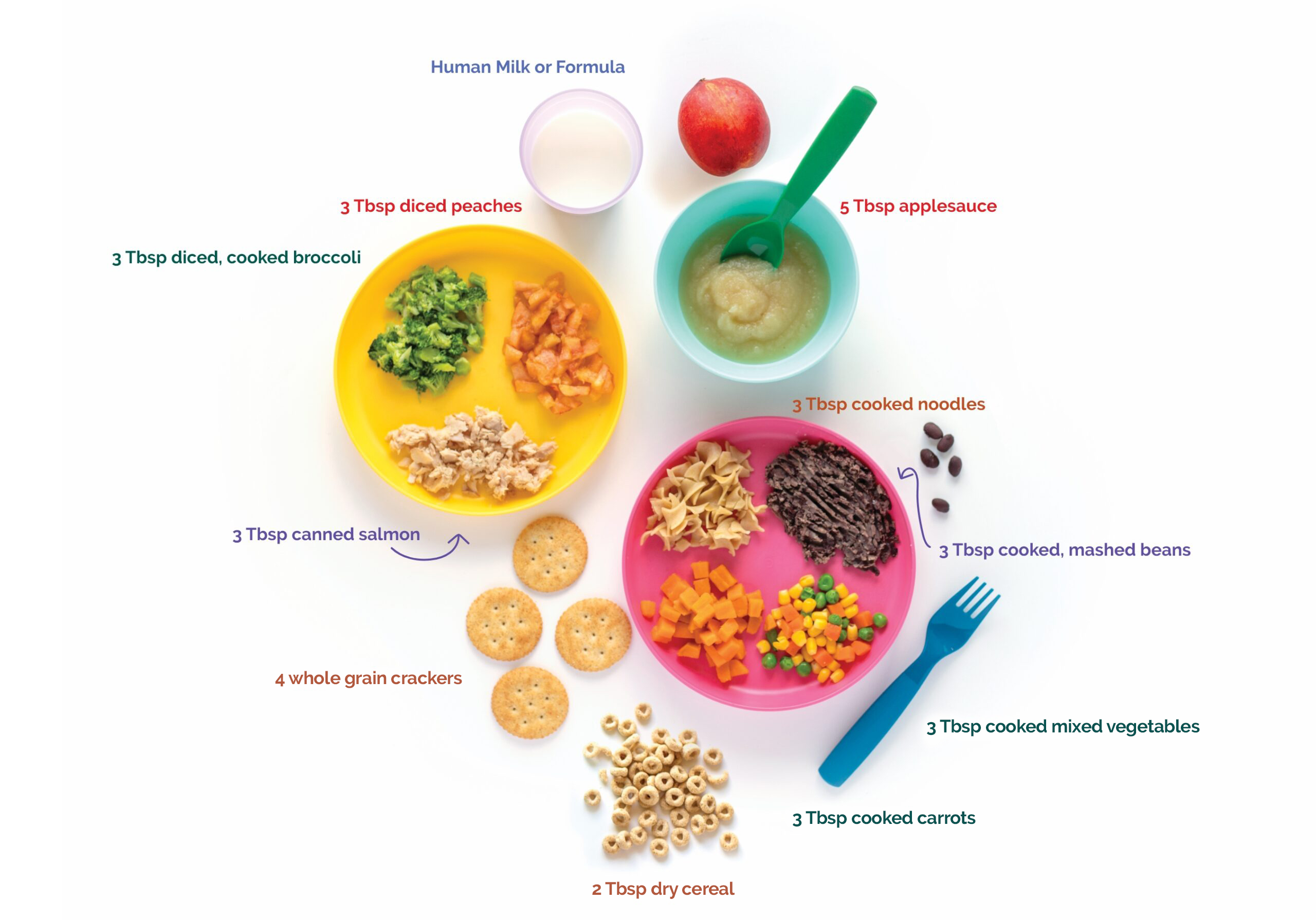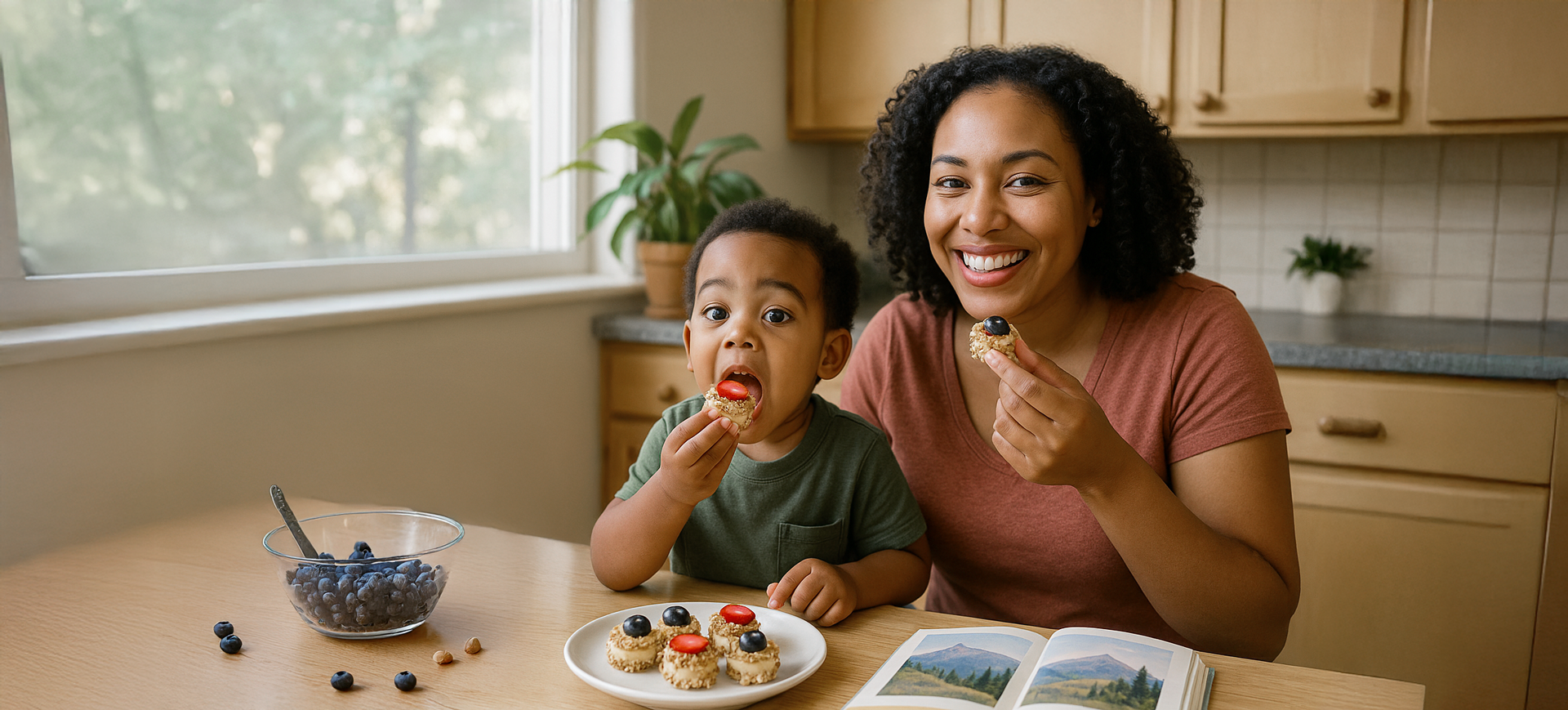
Frozen Banana Peanut Butter Bites: A Cool Summer Snack Kids Will Love
- Home
- Live Well Blog
- Frozen Banana Peanut Butter Bites: A Cool Summer Snack Kids Will Love
July 2, 2025
Recipes
Hot days call for cool snacks!
This summer, try these Frozen Banana Peanut Butter Bites.
They’re perfect for hot afternoons, playdates, snack time, or as a chilly dessert. They’re sweet, simple, and fun to make with your child. And they use foods you can get from WIC!
- Bananas and peanut butter give your child energy and help them grow strong.
- Whole grain cereal adds a fun crunch.
- Add fresh berries for even more color, taste, and nutrition.
You don’t need an oven or stove – just a freezer.
Let your child help with steps like spreading peanut butter and rolling the bites in cereal. It’s a great way to spend time together.
Try keeping a batch in the freezer for up to 2 months for a quick, cold snack.
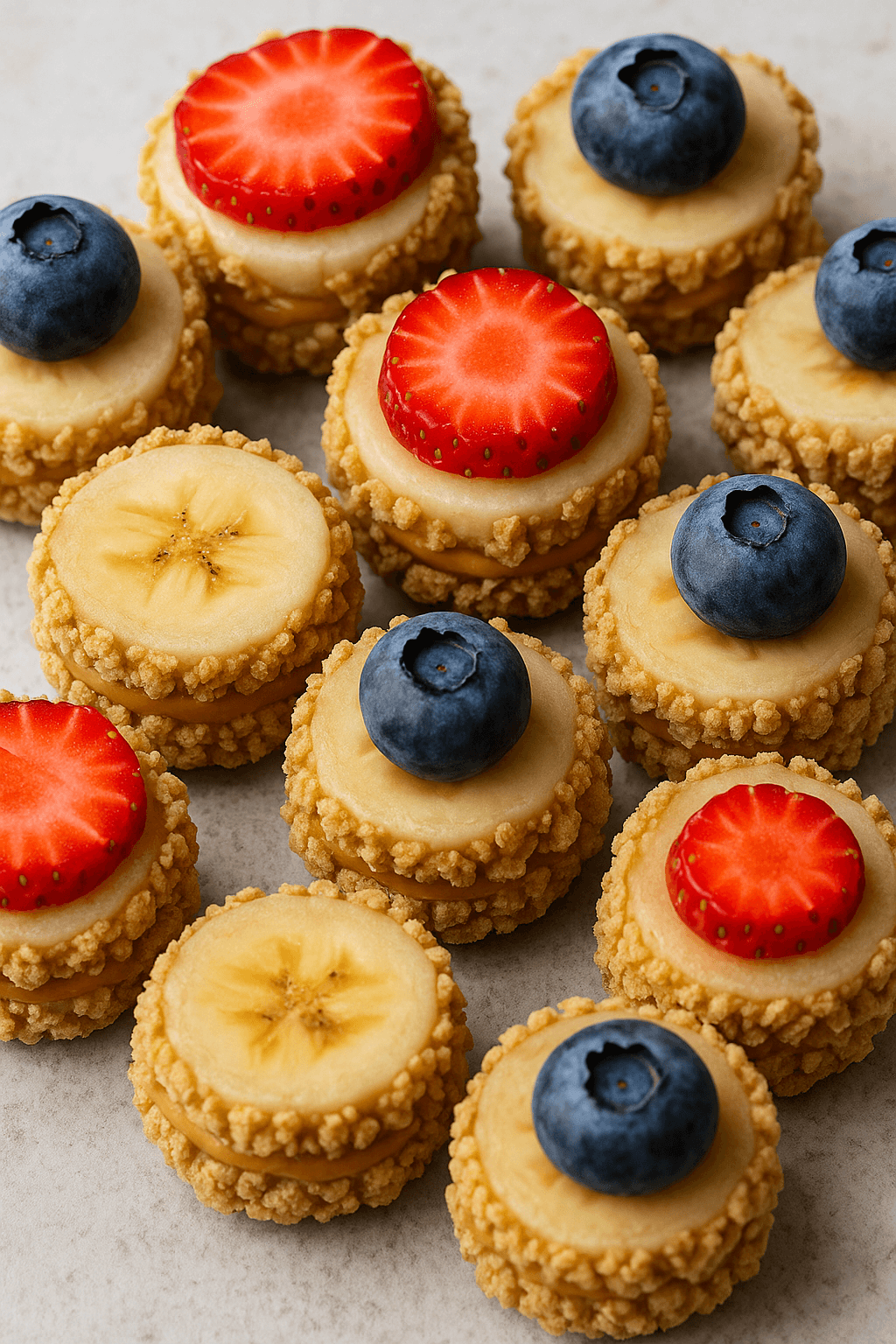
Choking hazard:
Children under the age of 4 years are still learning to chew and swallow their food. This puts them at risk of choking while eating. Cut food into small pieces and always supervise your child while they eat.
Ingredients:
- 2 ripe bananas
- ½ cup peanut butter (smooth works best)
- 1 cup whole grain cereal, crushed (like toasted oats)
- Fresh strawberries or blueberries (optional)

Instructions
- Peel and slice bananas into coin-shapes.
- Spread a small smear of peanut butter on one banana slice.
- Top it with another banana slice to make a “sandwich.”
- Roll each sandwich in crushed cereal.
-
Add a thin slice of strawberry or blueberry on top if you want!
Use a dab of peanut butter as “glue” to help keep the fruit topping in place. - Place on a tray and freeze for at least 2 hours.
- Enjoy cold!





